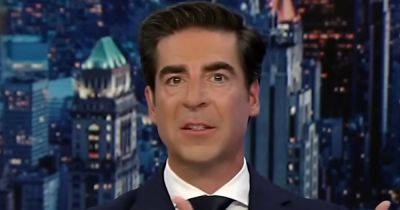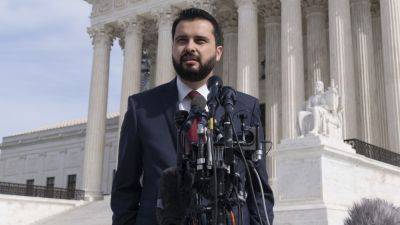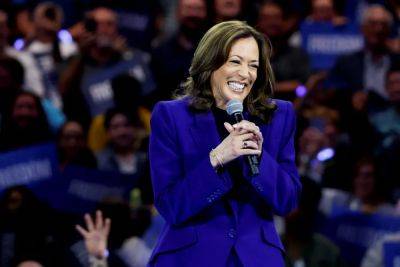How women of color with Christian and progressive values are keeping the faith — outside churches
Brandi Brown has yet to find a Black church near her Southern California home that feels right for her. So when she wants to talk about God, she relies on someone over a thousand miles (1,600 kilometers) away.
Like her, Ellen Lo Hoffman, who lives just outside Seattle and is Chinese American, is a progressive Christian. They have known each other through a Christian fellowship for six years. But for the past three years, Hoffman has supported Brown, a former minister, through monthly virtual chats.
“How Black women and how women of color experience God is different than how other people experience God,” said Brown, who is Black. “If I imagine myself, like, sitting on a bench trying to talk to God, Ellen is there too — to sit on the bench with me and point out observations and allow me to interpret things that I’m experiencing."
For some Christian progressives, the lack of acknowledgement by their churches or ministries of the 2020 racial reckoning was the final push to go elsewhere. Some women of color have been disappointed and upset by evangelical Christian churches — both predominantly white and multiracial — whose leaders failed to openly decry racism or homophobia. Traditional pastors and other leaders often see congregants' concerns through a patriarchal lens, leaving many feeling dismissed or overlooked. Still, others said they felt alienated by evangelical supporters of former President Donald Trump, with whom they disagree on politics.
Many are now finding solace and reaffirming their faith on their own terms through what they call “spiritual directors," who are not necessarily priests, pastors, counselors or therapists, but can help others explore thoughts about God or broader concepts around a higher power.
W







